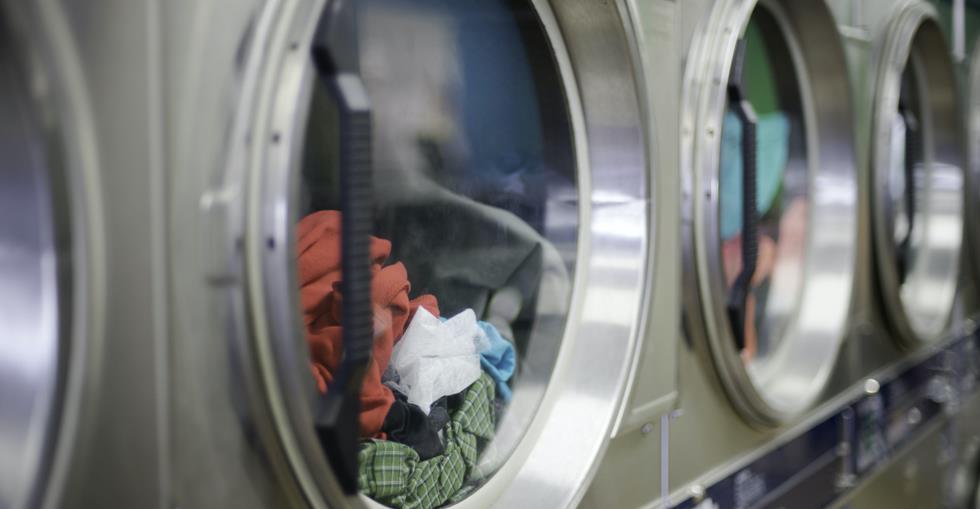South Africa’s laundry sector is growing at a brisk pace of 5-10% per annum according to the Washing and Drycleaning Services in South Africa 2020 report. So buying a laundry is certainly a potential route to a decent income, although large operations can be on the expensive side given the cost of the equipment involved.
Fortunately for business buyers of modest means, there are countless small, independent operations around the country too. Moreover, the business model is comparatively uncomplicated and you don’t need previous experience in the industry to flourish.
That said, you should still research the industry and – if you’re new to running businesses – perhaps take a business course or two before entering the sector. To this end, it might be worth investing in the aforementioned report by Research and Markets, as well as visiting some local laundries and asking their owners for advice.

Once you’ve found a business that fits your criteria, it’s wise to hire a business broker or lawyer to help you with negotiations, paperwork and vetting the vendor’s business valuation.
Choosing the right laundry business
The primary factors constraining your choice of laundromat will be your budget and preferred location. Once your search is narrowed down to laundries for sale that fit these criteria, you ideally want an establishment that is already profitable and/or has the potential to grow revenues further.
Current and past success is of course measured in revenues, operating costs and profits over recent years. When it comes to identifying potential, it’s worth checking current opening hours. Extending them could boost revenues without making much difference to overheads, since coin-operated washing machines are self-service and laundries need only one employee to supervise the business – if any at all.

A location’s appeal depends on population density, how many residents lack their own machines
(common in low-income areas) and the number of local competitors. The size of the premises is a significant factor in gauging the potential for boosting trade, and not just in terms of squeezing more machines into the available space.
If the laundry market is saturated, you might instead consider diversifying into services such as:
- Dry cleaning (our you might consider buying a dry cleaners)
- Wash-and-fold or pick-up and drop-off service for time-poor professionals
- Clothes alterations and dyeing
- Key cutting
- Shoe repairs
- Formalwear rental
- Retail of snacks, groceries or other household goods
If you fancy being your own boss with the backing of a national laundry brand, then you can sometimes find franchise resales from operators like Levingers and Pressed In Time on the market.
Valuing a laundry
It’s important to understand how the vendor arrived at their asking price.
Business valuation experts usually multiply net earnings by a ratio that varies depending on factors, such as the location, length of the lease, and the size, age, condition and quality of the premises and equipment.
However, the sale price of similar laundries sold locally can also serve as a useful benchmark.

The following factors will influence the laundry’s valuation and appeal to you as the buyer, as well as being objects of scrutiny during due diligence – the exhaustive examination of the business before agreeing a final purchase price:
- Financial statements, lease terms and other paperwork
- The condition of the premises
- Age, models and condition of the equipment
- The digital operation: website and social media reach
- Local demographics, competition or upcoming developments – such as new housing developments – that might help or hinder the business in the future
- Trends in the wider laundry sector
Closing the deal
The gap between the vendor’s valuation of the laundromat and yours will naturally dictate the difficulty and length of negotiations. The vendor can incentivise you to go a little higher with your offer in various ways, such as introducing warranties and indemnities or accepting a portion of the payment in stages.
Conversely, due diligence, if it uncovers any previously undeclared problems, could prompt you to retract or lower your offer, or even abandon the deal. Read more about the buying process in our buying guides so that you can be as prepared as possible!





